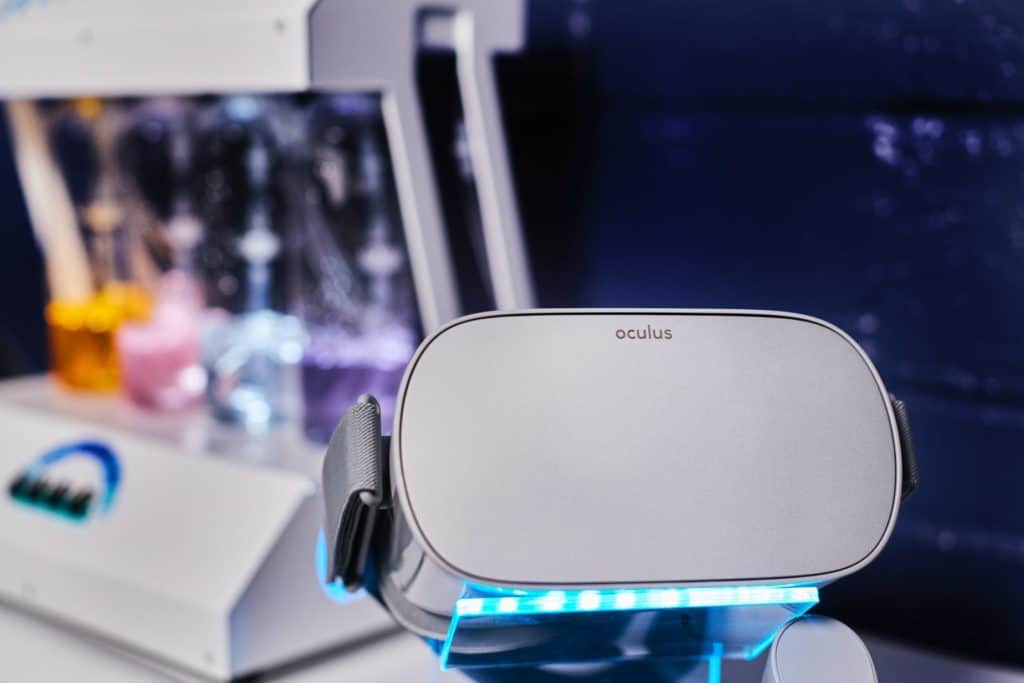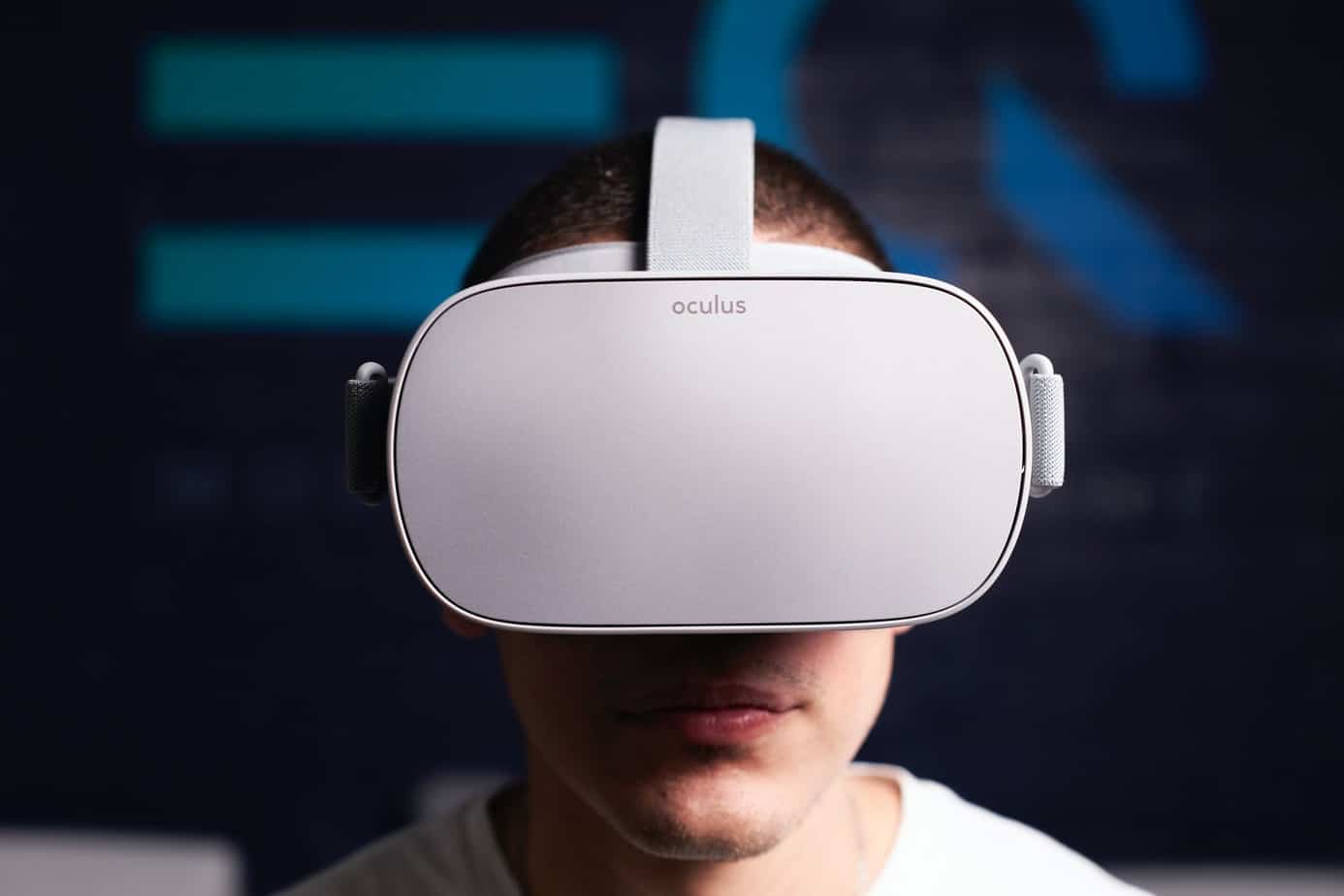Last Updated on
Everyone wants to know when Meta (Formally Facebook) will be dropping their next proper hardware refresh for Oculus Quest. We know that project Cambria, dubbed ‘Oculus Quest Pro’ by the passionate VR community, will drop at some point in 2022, but what about Oculus Quest 3? Well, we have some VR gossip for you.
Brad Lynch, XR Hardware Analyst and VR level designer has announced some juicy details on his Twitter account that give us a great idea of what who expect with Oculus Quest 3 and Oculus Quest Pro optics, a view into release dates and targets sales numbers:
Meta Cambria (Q2 2022) will include MiniLED screens. Targeting to sell 3 million HMD units in its first year.
— Brad Lynch | CES 2022 (@SadlyItsBradley) January 4, 2022
Quest 3 is planned to include uOLED. Meta signed deal to build production lines for these displays with Changxin Technology
Connect 2023 announce/release soon after
Originally spotted and reported by Android Central, Mini LEDs will be featured in the upcoming Quest Pro/Project Cambria states Lynch. This is the same technology sound in some premium TVs and should knock the Quest 2 1920 x 1832 LCD out of the water based on the upgraded tech inside the ‘pancake’ lenses alone. However, we still don’t know what resolution they’ll be running at. Given the premium vibe of Quest Pro, we’d like to think we’re looking at a 2K resolution minimum.
Speaking of those tasty pancake optics, Zuckerberg himself confirmed that they ‘fold light several times over’, this means they do the same job as existing lenses with a slimmer profile. This also means a smaller and lighter Oculus Quest Pro that should hopefully draw less power too. Lynch has confirmed we’re looking at a Q2 2022 release, which should fall nicely alongside Quest/Metas’ next announcement/conference events, although that is still TBC.

Oculus Quest 3 is where the magic is going to happen though, sporting uOLED screens. This seems to be a decision and business agreement between Meta and Changxin Technology that happened around 12 months ago, which means we can expect some news, reveal, and hopefully a release around the 2023 Meta Connect event. This is normally around September or October time every year, so expect Oculus Quest 3 to be the hot holiday tech product of 2023.
Other rumors include Meta following Google into making their own chipset a la Google Tensor and moving away from relying on Qualcomm and their amazing Snapdragon SoCs. This means Metas can support and manufacture their own chipsets in-house which will reduce cost and prolong the support life of Meta’s electricals. Lynch confirmed that it will ‘Focus on a GPU that is better designed for VR loads.’



